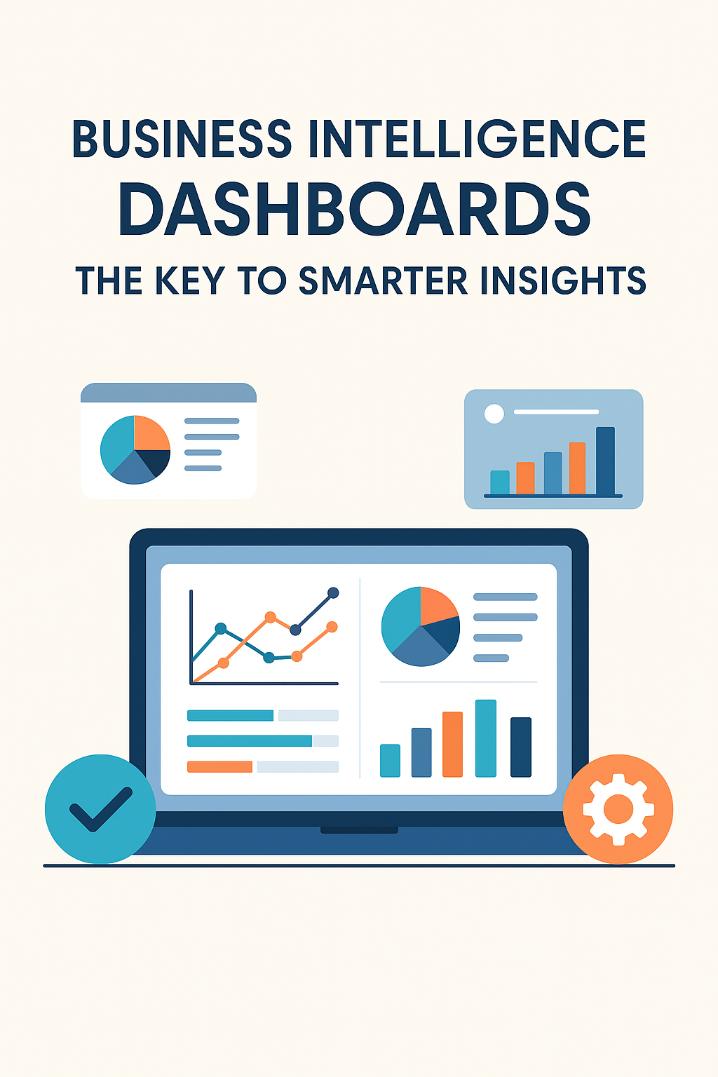In today’s competitive digital era, organizations generate more data than ever before. But raw data alone doesn’t drive growth, it’s the ability to understand and act on that data that creates real business value. This is where Business Intelligence (BI) dashboards become indispensable. They transform complex datasets into easy-to-read visuals that provide leaders with real-time, actionable insights.
Why BI Dashboards Matter
Business leaders often struggle to make sense of vast amounts of information coming from different sources like sales, marketing, operations, and customer service. BI dashboards bring all this data together into a single platform, enabling businesses to see the bigger picture. With customizable charts, graphs, and KPIs, decision-makers can quickly identify opportunities, spot risks, and make informed choices.
Real-Time Insights for Smarter Decisions
Gone are the days of waiting for monthly reports. Modern BI dashboards update in real time, allowing managers to respond instantly to market changes. For example, a retail business can monitor daily sales performance across multiple locations, while a logistics company can track fleet efficiency in real time. This agility gives organizations a competitive edge.
Enhancing Collaboration and Transparency
BI dashboards don’t just benefit top executives, they empower entire teams. By giving employees access to transparent performance metrics, companies foster a culture of accountability and collaboration. Teams can align their efforts toward shared goals, track progress, and make data-driven adjustments when necessary.
Predictive Capabilities
Today’s advanced BI dashboards go beyond displaying current performance. With predictive analytics integration, businesses can forecast future trends, customer demand, and financial outcomes. This forward-looking capability helps companies stay one step ahead of competitors and prepare for upcoming challenges.
Customization and Flexibility
Every business has unique goals and KPIs. BI dashboards can be tailored to fit specific needs, whether it’s tracking sales pipelines, monitoring supply chain health, or measuring customer satisfaction. This flexibility ensures that businesses always have the most relevant insights at their fingertips.
The Future of BI Dashboards
As artificial intelligence (AI) and machine learning (ML) integrate deeper into BI tools, dashboards will become even smarter. They’ll not only highlight what’s happening but also recommend the best actions to take. This next evolution of BI dashboards will transform them from analytical tools into strategic partners for business growth.
Key Takeaway: Business Intelligence dashboards are no longer just reporting tools, they are essential instruments for smarter decision-making, collaboration, and long-term growth. Companies that embrace BI dashboards today are setting themselves up for success in tomorrow’s data-driven marketplace.



